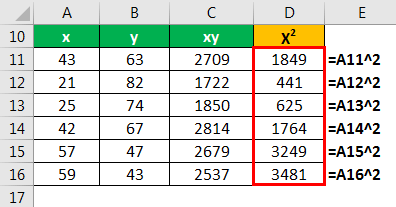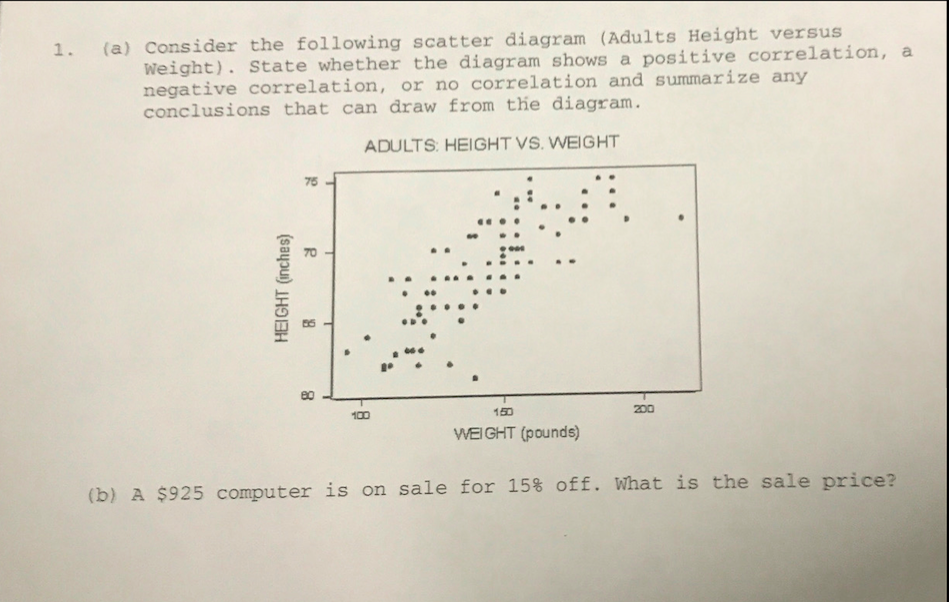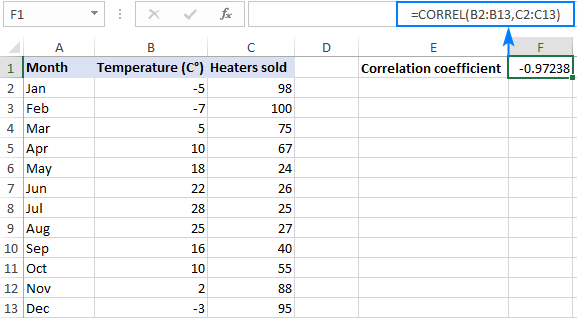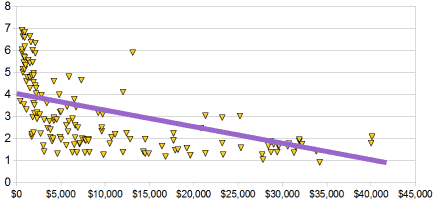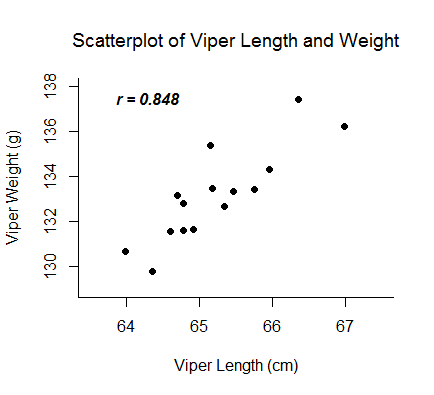Finally some pitfalls regarding the use of correlation will be discussed. As the age increases height increases and also weight increases so there appears to be a positive relationship in other words there is a positive correlation between height and age. Example height and weight. This post will define positive and negative correlations illustrated with examples and explanations of how to measure correlation. Now that we have seen a range of positive and negative relationships lets see how our correlation coefficient of 0694 fits in. Correlation is a term that is a measure of the strength of a linear relationship between two quantitative variables eg height weight.
We know that its a positive relationship. It is one of the best means for evaluating the strength of a relationship. Positive correlation there exists a positive correlation between two variables when they are said to move in the same direction. The participants slightly over reported height and under reported weight but there was a good correlation between reported and measured bmi 1. As height increases weight tends to increase. Example height and weight.
For example we know that the correlation between height and weight is approximately r70 if we square this number to find the coefficient of determination r squared49 thus 49 percent of ones weight is directly accounted for ones height and vice versa. Interpreting our height and weight correlation example. Self reported height and weight recorded by 275 women taking a survey regarding contraception were compared to the height and weight recorded in the medical record. Negative correlation there said to exist a negative correlation between two variables when the variable change with opposite direction.
